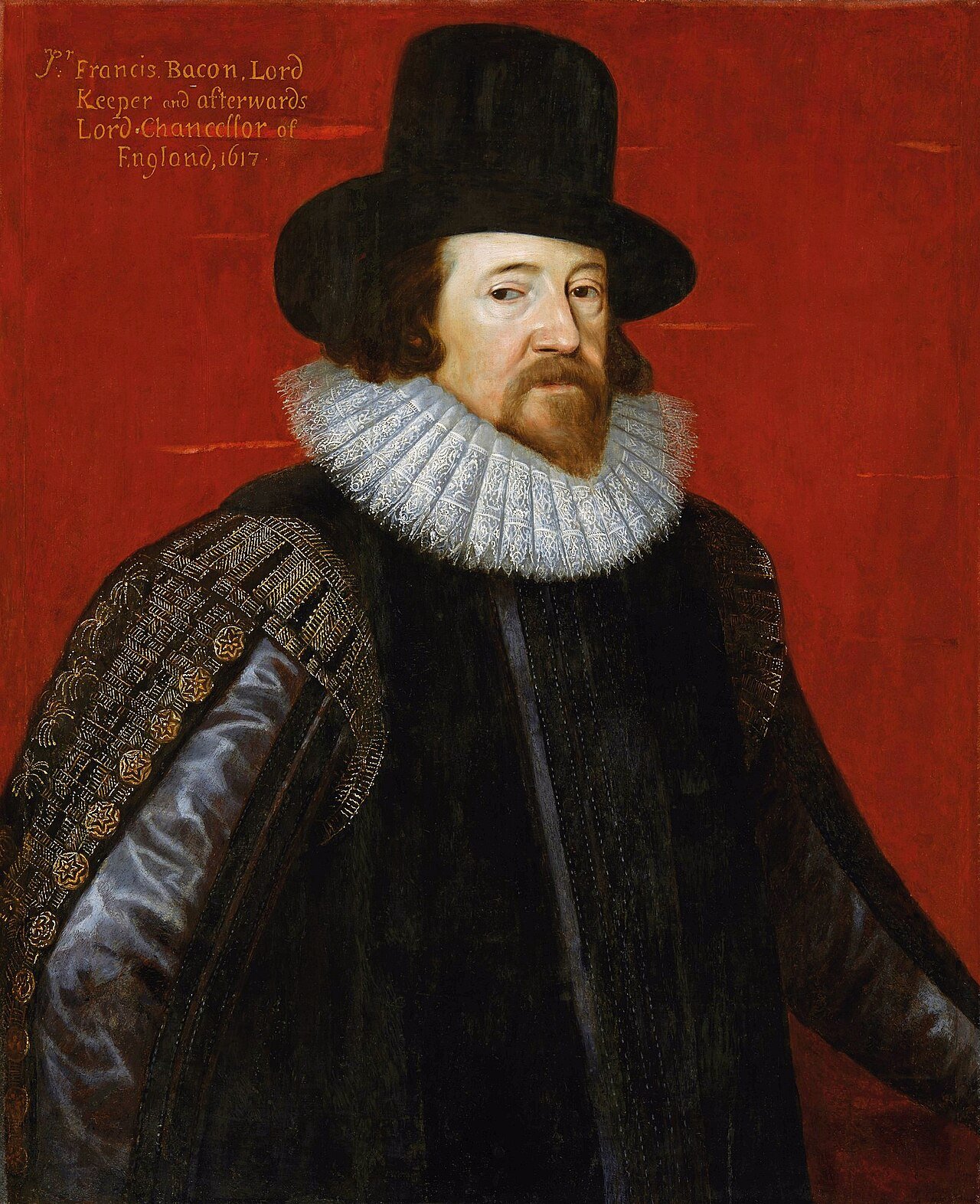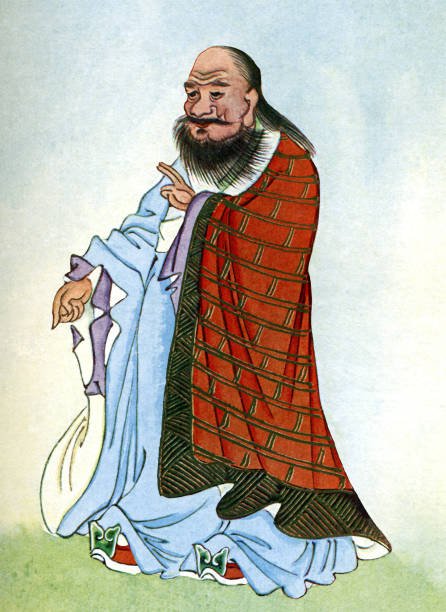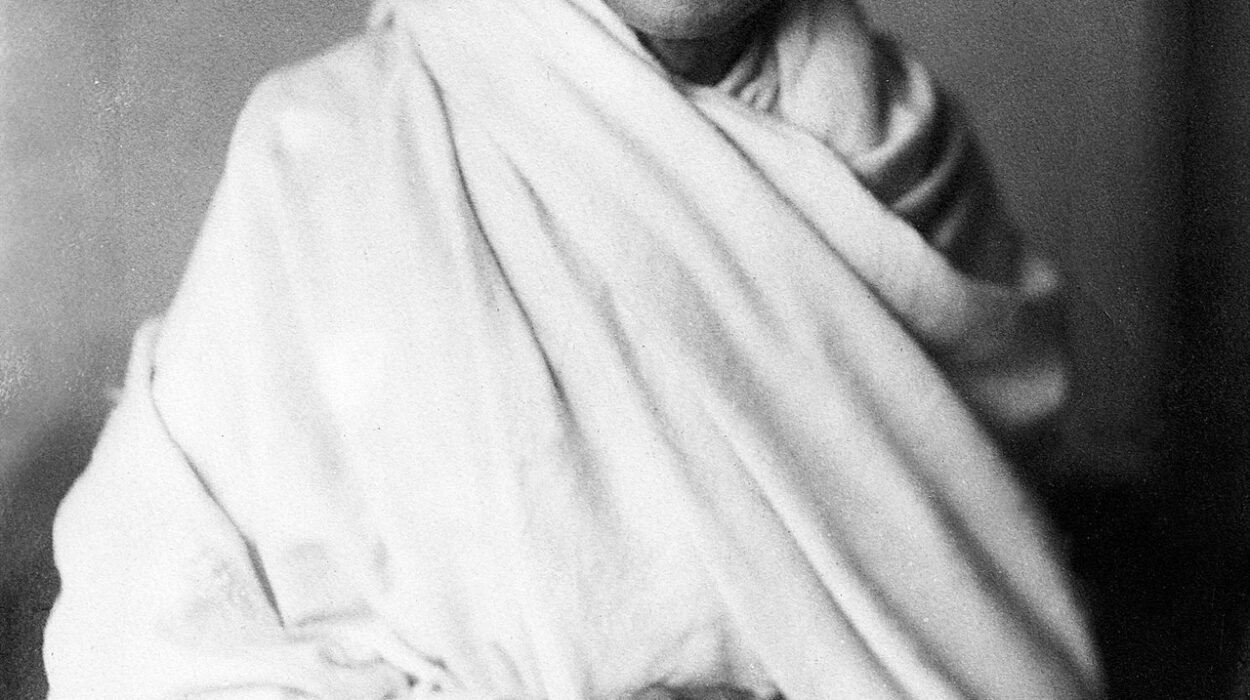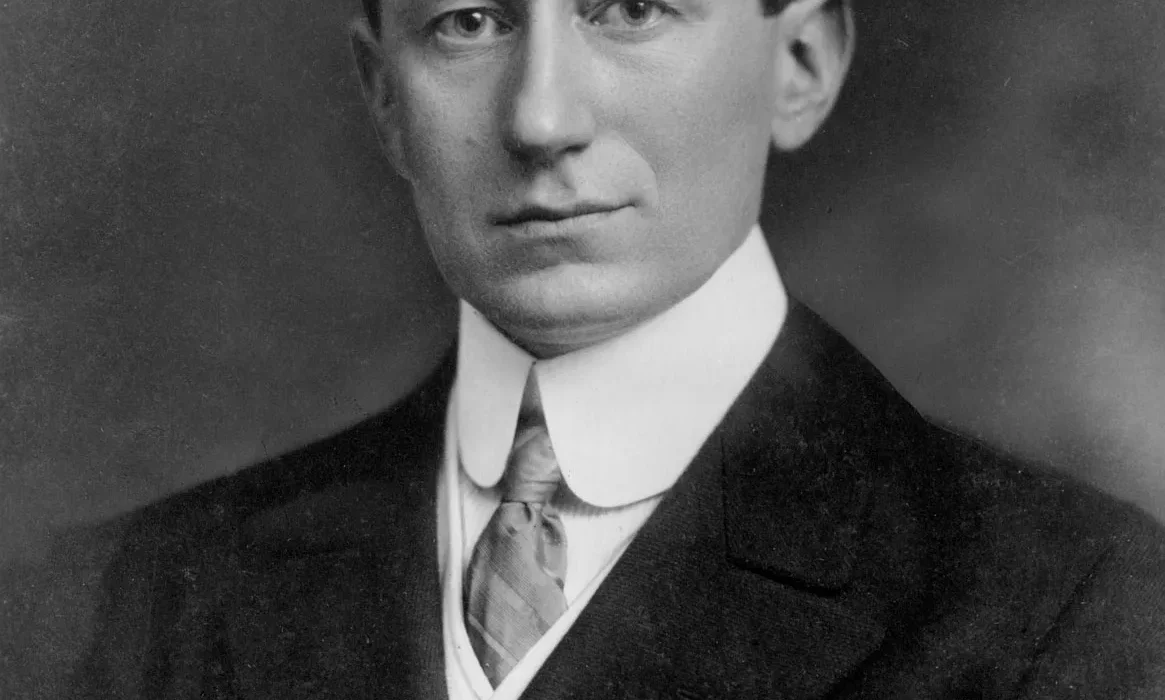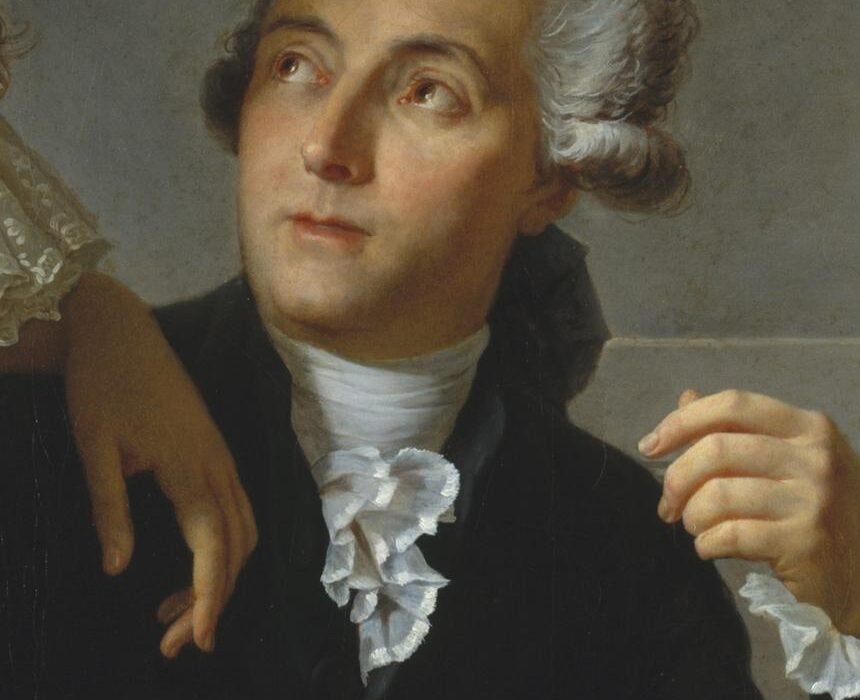Francis Bacon (1561-1626) was an English philosopher, statesman, scientist, and author who played a key role in the development of the scientific method. Often regarded as the father of empiricism, Bacon championed the idea that knowledge should be derived from inductive reasoning and careful observation of the natural world, rather than relying solely on tradition and established authorities. His works, particularly Novum Organum and The Advancement of Learning, laid the intellectual groundwork for the modern scientific inquiry by advocating for systematic experimentation and the questioning of accepted beliefs. Bacon’s approach to science influenced generations of thinkers and helped pave the way for the Enlightenment. Beyond his contributions to philosophy and science, Bacon was also a prominent political figure, serving as Attorney General and Lord Chancellor of England. His legacy endures as a pioneering advocate for empirical research and the advancement of human knowledge.
Early Life and Education
Francis Bacon was born on January 22, 1561, in London, England, into a wealthy and influential family. His father, Sir Nicholas Bacon, served as Lord Keeper of the Great Seal under Queen Elizabeth I, while his mother, Lady Anne Cooke Bacon, was a learned woman from a prominent family with a strong interest in classical literature and theology. The intellectual environment of Bacon’s home, combined with his family’s connections to the court, greatly influenced his early education and future career.
From a young age, Bacon exhibited an extraordinary intellect. He was sent to Trinity College, Cambridge, at the age of 12, where he studied under the guidance of prominent scholars. However, Bacon quickly grew disillusioned with the traditional Aristotelian philosophy that dominated the curriculum. He found it too rigid and focused on abstract principles rather than practical knowledge. This dissatisfaction would later inspire him to pursue a different approach to learning and science.
After completing his studies at Cambridge, Bacon briefly traveled to France in 1576 to work as a member of the English ambassador’s staff. During his time abroad, he observed the political and intellectual landscape of continental Europe, gaining insights that would later inform his own political and philosophical ideas. Unfortunately, his father’s sudden death in 1579 forced Bacon to return to England prematurely. The death of Sir Nicholas Bacon left Francis without a significant inheritance, and he had to quickly find a means to support himself.
He entered Gray’s Inn to study law and was admitted as a barrister in 1582. Though he was a competent lawyer, Bacon’s true passion lay in philosophy and science. Nevertheless, he pursued a career in public service, gradually climbing the ranks to become a member of Parliament in 1584. Over the next two decades, Bacon focused on his political career, serving in various governmental roles under Queen Elizabeth I and her successor, King James I.
Bacon’s political career was marked by his ambition and a keen understanding of the workings of power. He sought to advance his position by aligning himself with influential figures at court, such as Robert Devereux, the Earl of Essex. However, this alliance would later lead to a scandalous trial and execution of Essex in 1601, an event that deeply affected Bacon’s reputation. Despite this setback, Bacon’s skill as a politician allowed him to recover, and he eventually secured the favor of King James I. In 1603, Bacon was knighted, and his rise to power continued.
While his public career flourished, Bacon never abandoned his intellectual pursuits. He became increasingly convinced that the existing methods of learning and inquiry were inadequate for advancing human knowledge. This belief motivated him to develop a new scientific method, one that emphasized observation, experimentation, and inductive reasoning. Bacon’s ideas would later form the foundation of the modern scientific method and earn him the title of “the father of empiricism.”
Bacon’s early life and education played a crucial role in shaping his intellectual and philosophical outlook. His experiences at Cambridge, his time in France, and his early career in law and politics all contributed to his growing dissatisfaction with the status quo and his desire to reform the way knowledge was pursued and applied. By the time he reached middle age, Bacon was ready to articulate his vision for a new approach to science and philosophy, one that would revolutionize the intellectual landscape of the Western world.
Political Career and Downfall
Francis Bacon’s political career was as ambitious as it was tumultuous. His involvement in politics began when he was elected as a Member of Parliament for Bossiney in 1584, at the age of 23. His early years in Parliament were marked by his attempts to gain favor with Queen Elizabeth I and her advisors, particularly his uncle, Lord Burghley, and his cousin, Robert Cecil. However, Bacon struggled to secure a permanent position at court, partly due to his lack of substantial wealth and partly because of his outspoken nature, which sometimes alienated those in power.
Despite these challenges, Bacon’s legal expertise and oratory skills gradually earned him recognition. He was appointed to several committees and became known for his eloquent speeches on issues such as law reform and the defense of royal prerogative. However, his political career took a significant turn when he aligned himself with Robert Devereux, the Earl of Essex, a favorite of Queen Elizabeth I. Essex saw Bacon as a valuable advisor and sought his counsel on various matters, including his ill-fated campaign in Ireland.
The relationship between Bacon and Essex was complex. While Bacon sought to advance his career through Essex’s patronage, he also recognized the Earl’s impulsive and reckless nature. This awareness placed Bacon in a difficult position when Essex’s political fortunes began to decline. In 1601, Essex led a rebellion against the Queen, an act of treason that resulted in his arrest and trial. Despite his previous loyalty to Essex, Bacon played a key role in prosecuting him, a decision that has been the subject of much debate and criticism.
Bacon’s involvement in the trial of Essex was a turning point in his career. Although it led to a temporary loss of public favor, Bacon’s actions ultimately secured the support of Queen Elizabeth and, later, King James I. Under James, Bacon’s political fortunes improved dramatically. In 1604, he was appointed King’s Counsel, and over the next several years, he held various important positions, including Solicitor General, Attorney General, and finally, Lord Keeper of the Great Seal in 1617.
Bacon’s rise culminated in his appointment as Lord Chancellor in 1618, the highest legal office in the land. He was also created Baron Verulam in 1618 and Viscount St. Alban in 1621. As Lord Chancellor, Bacon sought to reform the legal system, emphasizing the importance of justice, efficiency, and the eradication of corruption. However, his tenure was marred by accusations of bribery and corruption, a common practice among officials of the time but one that was increasingly scrutinized by a changing political climate.
In 1621, Bacon was charged with accepting bribes from litigants in his court. Although he admitted to taking gifts, he insisted that these did not influence his judicial decisions. Nevertheless, the charges led to his impeachment by the House of Commons, a trial before the House of Lords, and his eventual conviction. Bacon was fined £40,000, imprisoned in the Tower of London (though only for a few days), and banned from holding public office or sitting in Parliament. The fine was later remitted, and he received a royal pardon, but his political career was effectively over.
The downfall of Francis Bacon was a tragic conclusion to a career that had been marked by both brilliance and controversy. His legal and political acumen had allowed him to rise to the highest echelons of power, but his ambition and the corruption endemic to the system ultimately led to his disgrace. Yet, even in his downfall, Bacon remained focused on his intellectual pursuits. He turned his attention fully to writing and philosophy, leaving behind a legacy that would outlast his political achievements and his fall from grace.
Bacon’s political career and downfall are emblematic of the complex interplay between power, ambition, and integrity in the early modern period. His story reflects both the opportunities and the dangers faced by those who sought to navigate the treacherous waters of court politics in Elizabethan and Jacobean England. Though his political life ended in scandal, it set the stage for his enduring contributions to philosophy and science.
Philosophy and Scientific Method
Francis Bacon’s most enduring legacy lies in his contributions to philosophy and the development of the scientific method. Disillusioned with the scholasticism that dominated the universities of his time, Bacon sought to transform the way knowledge was acquired and used. His philosophy was rooted in the belief that the advancement of human knowledge required a complete overhaul of traditional methods of inquiry. He envisioned a new system that emphasized empirical observation, experimentation, and inductive reasoning—a radical departure from the deductive reasoning that had been the cornerstone of Aristotelian logic for centuries.
Bacon’s critique of the prevailing intellectual traditions was articulated in his seminal work, Novum Organum, published in 1620. The title, meaning “new instrument,” was a deliberate reference to Aristotle’s Organon, the collection of works that had long served as the foundation of logical reasoning in the Western world. In Novum Organum, Bacon argued that the old methods were insufficient for discovering new knowledge because they relied too heavily on abstract reasoning and were disconnected from the natural world.
Central to Bacon’s philosophy was the concept of experientia literata—the idea that knowledge should be based on experience and experimentation rather than mere speculation. He introduced the method of induction, which involved gathering data through careful observation and then drawing general conclusions from this evidence. Bacon believed that by systematically collecting and analyzing empirical data, scientists could uncover the underlying principles of nature. This approach, known as the Baconian method, laid the groundwork for the modern scientific method.
Bacon’s emphasis on empirical research was closely tied to his vision of human progress. He believed that science and knowledge should serve practical purposes, improving the human condition by providing solutions to real-world problems. This idea was most fully developed in his unfinished work, The Great Instauration, in which he outlined a comprehensive plan for the reorganization of all human knowledge. Bacon envisioned a society where scientific inquiry was organized and collaborative, with researchers working together to expand the boundaries of human understanding.
One of the key features of Bacon’s philosophy was his rejection of the “Idols”—a term he used to describe the various fallacies and biases that hindered clear thinking. He identified four types of Idols: the Idols of the Tribe, the Idols of the Cave, the Idols of the Marketplace, and the Idols of the Theatre. In his classification of the Idols, Francis Bacon identified these specific categories to represent the different ways human understanding can be distorted. These are:
- Idols of the Tribe: These refer to the inherent biases common to human nature. Bacon believed that the human mind tends to impose order and pattern where none exists, leading to erroneous conclusions. This error arises from human nature itself, the “tribe” of humanity, which is prone to overgeneralization and wishful thinking. Bacon emphasized the need to overcome these biases by rigorously testing and verifying observations.
- Idols of the Cave: These idols represent the personal biases that individuals develop based on their unique backgrounds, education, and experiences. Each person has their own “cave” or private world that shapes their perception of reality. Bacon warned that individual prejudices could distort understanding, leading to a subjective rather than an objective view of the world.
- Idols of the Marketplace: These idols arise from the misuse of language and communication. Bacon argued that words could often be misleading, leading to confusion and misunderstanding. The use of vague, ambiguous, or overly abstract language can obscure true understanding and hinder the pursuit of knowledge. Bacon stressed the importance of clear and precise language to ensure effective communication of ideas.
- Idols of the Theatre: These idols refer to the dogmas and philosophies that dominate intellectual discourse. Bacon likened them to theatrical productions that present a distorted version of reality. He was particularly critical of the rigid adherence to ancient authorities and philosophical systems that, in his view, hindered intellectual progress. Bacon advocated for a critical examination of these “theatrical” beliefs and for freeing the mind from the constraints of outdated doctrines.
By identifying and categorizing these “Idols,” Bacon sought to illuminate the obstacles that prevent clear thinking and hinder the acquisition of true knowledge. He believed that overcoming these errors was essential for achieving a more accurate understanding of the natural world.
Bacon’s approach to knowledge was inherently collaborative. He believed that the advancement of learning required the collective efforts of many individuals working together across disciplines. In his New Atlantis, a utopian work published posthumously in 1627, Bacon described a fictional society called Bensalem, where scientific research was highly organized and conducted by an institution known as “Salomon’s House.” This institution embodied Bacon’s vision of an ideal research organization, where knowledge was systematically gathered, preserved, and applied for the benefit of society. The New Atlantis not only highlighted Bacon’s belief in the power of science to improve human life but also foreshadowed the establishment of modern research institutions, such as the Royal Society, which was founded in 1660 and is often seen as a realization of Bacon’s ideals.
While Bacon’s methodical approach to science was revolutionary, it was not without its limitations. His reliance on inductive reasoning, for instance, has been criticized for its potential to lead to incorrect generalizations based on limited data. Furthermore, Bacon’s emphasis on observation and experimentation, while crucial for the development of modern science, did not fully account for the role of hypothesis and theory in scientific inquiry, which became more prominent in later centuries. Nonetheless, Bacon’s insistence on empirical methods and his challenge to the intellectual orthodoxy of his time paved the way for the scientific revolution that transformed the world in the centuries that followed.
In addition to his contributions to the scientific method, Bacon’s philosophy also had broader implications for his views on ethics and politics. He believed that knowledge was power and that it should be used for the public good. His writings often reflect a utilitarian outlook, emphasizing the practical benefits of knowledge and its potential to enhance human welfare. Bacon’s ideas about the relationship between science and society were forward-thinking, anticipating many of the debates that continue to shape discussions about the role of science in the modern world.
Francis Bacon’s philosophy and scientific method represent a turning point in the history of thought. His rejection of traditional scholasticism, his advocacy for a new method of inquiry, and his vision of a collaborative and organized approach to science laid the foundation for the development of modern scientific disciplines. Although his ideas were not fully appreciated during his lifetime, they have had a profound and lasting impact on the way knowledge is pursued and understood today.
Literary Works and Contributions
In addition to his philosophical and scientific endeavors, Francis Bacon was also a prolific writer whose works spanned a wide range of genres, including essays, histories, and legal writings. His literary output reflects his broad intellectual interests and his belief in the power of the written word to influence thought and policy. Bacon’s works are marked by their clarity, precision, and rhetorical force, qualities that have ensured their enduring popularity.
Among Bacon’s most famous literary contributions are his Essays, first published in 1597, with later expanded editions in 1612 and 1625. The Essays are a collection of reflections on various topics, ranging from politics and morality to personal conduct and relationships. Written in a concise and aphoristic style, the Essays offer practical advice on how to navigate the complexities of life. Titles such as “Of Truth,” “Of Death,” “Of Marriage and Single Life,” and “Of Studies” reveal Bacon’s deep engagement with questions of human nature and society.
The Essays are notable not only for their content but also for their form. Bacon pioneered the modern essay as a genre, combining elements of classical rhetoric with personal reflection and practical wisdom. His essays are characterized by their succinctness and their ability to convey complex ideas in a few well-chosen words. The influence of Bacon’s Essays can be seen in the development of the essay as a literary form in English literature, influencing writers such as Montaigne, Emerson, and even contemporary essayists.
Another significant work by Bacon is The Advancement of Learning, published in 1605. In this work, Bacon argues for the importance of knowledge and education as the foundation of societal progress. He criticizes the state of learning in his time and calls for a comprehensive reform of the educational system. The Advancement of Learning is divided into two books: the first discusses the obstacles to learning and the second outlines a new classification of knowledge. Bacon’s proposal for a reorganization of knowledge reflects his broader vision of a society driven by empirical research and practical application.
Bacon’s historical writings also deserve mention. His History of the Reign of King Henry VII, published in 1622, is considered one of the first works of modern history in English. Bacon approached the subject with the same analytical rigor that characterized his philosophical and scientific work, applying his methodical approach to the study of history. His history of Henry VII is notable for its focus on political analysis and its attention to the causes and consequences of events, rather than simply recounting them. Bacon’s historical method laid the groundwork for a more critical and analytical approach to historiography, influencing future historians.
In addition to his essays and historical works, Bacon produced numerous writings on law and politics. His legal works, such as Maxims of the Law and The Elements of the Common Laws of England, reflect his deep understanding of legal principles and his belief in the importance of law as the foundation of a just society. Bacon’s legal writings were highly influential in shaping the development of English common law, and his ideas on legal reform continue to resonate in contemporary legal theory.
Bacon’s literary output also includes works of fiction, most notably The New Atlantis. This utopian novel, published posthumously in 1627, presents a vision of an ideal society governed by reason, science, and learning. The story is set on the fictional island of Bensalem, where a highly advanced and enlightened society has developed thanks to the pursuit of knowledge. The New Atlantis serves as both a critique of the existing social order and a blueprint for a future society guided by Bacon’s principles of empirical research and collaborative inquiry.
Although Bacon’s literary works are often overshadowed by his contributions to philosophy and science, they are an integral part of his intellectual legacy. His essays, histories, and legal writings reveal the breadth of his interests and his commitment to using knowledge for the betterment of society. Bacon’s literary style, characterized by its clarity, conciseness, and eloquence, has earned him a lasting place in the canon of English literature.
Francis Bacon’s literary works are a testament to his belief in the power of language and ideas to shape the world. Whether writing about politics, history, law, or personal conduct, Bacon approached his subjects with the same analytical rigor and commitment to truth that defined his philosophical and scientific endeavors. His writings continue to inspire and challenge readers, offering insights that remain relevant to this day.
Legacy and Influence
The legacy of Francis Bacon extends far beyond his own time, influencing generations of thinkers, scientists, and writers. His contributions to philosophy, science, and literature have left an indelible mark on the intellectual history of the Western world, earning him a place among the most important figures of the early modern period.
Bacon’s impact on the development of the scientific method cannot be overstated. His emphasis on observation, experimentation, and inductive reasoning laid the foundation for the empirical approach that became the hallmark of modern science. The Baconian method, as it came to be known, provided a systematic framework for the investigation of natural phenomena, one that prioritized evidence over speculation and practical results over abstract theory. Bacon’s ideas were instrumental in shaping the scientific revolution of the 17th century, a period that saw the emergence of modern physics, astronomy, biology, and chemistry.
One of the most direct manifestations of Bacon’s influence was the founding of the Royal Society in 1660. This prestigious scientific institution, which continues to exist today, was inspired by Bacon’s vision of a collaborative and organized approach to scientific research. The Royal Society adopted many of the principles outlined in Bacon’s works, particularly those related to the systematic gathering of knowledge through experimentation and observation. Bacon’s vision of a collective effort to advance science and improve human life was realized in the Royal Society’s motto, “Nullius in verba,” which translates to “Take nobody’s word for it.” This phrase reflects the society’s commitment to empirical evidence and independent verification, core tenets of Bacon’s philosophy. The members of the Royal Society, including such luminaries as Robert Boyle, Christopher Wren, and Isaac Newton, were deeply influenced by Bacon’s ideas. His advocacy for the rejection of old dogmas and the pursuit of new knowledge through direct experience provided the intellectual foundation for the scientific inquiries that would transform the understanding of the natural world.
Bacon’s influence extended beyond the realm of science. His ideas about the reorganization of knowledge and the role of education in societal progress resonated with Enlightenment thinkers across Europe. Philosophers such as John Locke, Voltaire, and Immanuel Kant recognized the importance of Bacon’s emphasis on reason, empirical evidence, and the critical examination of traditional beliefs. Locke, in particular, was influenced by Bacon’s notion that human understanding could be improved through experience and reflection, which became a cornerstone of his own empiricist philosophy.
In the field of education, Bacon’s call for a comprehensive reform of learning institutions had a lasting impact. His ideas inspired the creation of new curricula that emphasized the study of nature and the application of knowledge to practical ends. The 17th and 18th centuries saw the establishment of scientific academies and universities that adopted Bacon’s vision of an interdisciplinary approach to learning. These institutions became centers of innovation and intellectual exchange, driving forward the advances in science, technology, and medicine that characterized the Enlightenment era.
Bacon’s contributions to literature and law also left a significant legacy. His Essays influenced the development of the essay as a literary form, and his legal writings shaped the evolution of English common law. Moreover, his emphasis on clarity, precision, and brevity in writing set a standard for prose that has influenced generations of writers and thinkers. His historical works, particularly the History of the Reign of King Henry VII, are considered pioneering in their analytical approach to the study of history, marking a departure from the chronicle tradition that had dominated historical writing for centuries.
However, Bacon’s legacy is not without its controversies. His involvement in the trial of the Earl of Essex and his subsequent fall from grace due to charges of corruption have cast a shadow over his career. Critics have debated the extent to which Bacon’s actions were driven by personal ambition versus a genuine commitment to the principles he espoused. Some have argued that Bacon’s pragmatism in political matters was inconsistent with his philosophical ideals, while others see him as a complex figure who navigated the treacherous waters of Elizabethan and Jacobean politics to the best of his abilities.
Despite these controversies, Bacon’s intellectual achievements continue to be celebrated. His contributions to the development of the scientific method, his advocacy for the reformation of learning, and his literary works have secured his place as one of the great minds of the early modern period. Bacon’s belief in the power of knowledge to improve the human condition has had a lasting impact on the way science and philosophy are practiced, and his ideas continue to resonate in discussions about the role of knowledge in society.
The lasting influence of Francis Bacon can be seen in the many ways his ideas have shaped modern thought. His vision of a world where knowledge is pursued systematically and applied for the common good remains a guiding principle for scientific and intellectual endeavors today. Whether in the laboratory, the classroom, or the courtroom, Bacon’s legacy is evident in the ongoing quest to understand the world and use that understanding to make it better.
Final Years and Death
In the final years of his life, Francis Bacon withdrew from public affairs following his political downfall. After his conviction for bribery in 1621, Bacon was largely sidelined from political life, although he continued to receive a royal pension and retained the title of Viscount St. Alban. With his political career effectively over, Bacon turned his full attention to his intellectual pursuits, dedicating his remaining years to writing and reflection.
Despite the personal and professional setbacks he had endured, Bacon remained optimistic about the future of knowledge and human progress. He continued to work on his philosophical and scientific projects, producing several important works during this period. Among these were The History of the Reign of King Henry VII (1622), The New Atlantis (1627), and several unfinished pieces that reflected his enduring interest in the reformation of knowledge and the advancement of learning.
One of Bacon’s last major works was Sylva Sylvarum, a natural history that was published posthumously in 1627. The work is a collection of observations and experiments covering a wide range of topics, from the properties of plants and animals to the effects of various physical phenomena. Sylva Sylvarum exemplifies Bacon’s empirical approach to knowledge, as it sought to gather and categorize information that could later be used to draw broader conclusions about the natural world. Although the work was not completed to Bacon’s satisfaction, it remains an important testament to his lifelong commitment to the empirical method.
In the spring of 1626, Bacon’s health began to deteriorate. According to tradition, Bacon’s final illness was the result of an experiment he conducted in April of that year. While traveling through the snow near Highgate, Bacon decided to investigate the preservation of meat by stuffing a fowl with snow. As he conducted this experiment, he caught a chill, which developed into pneumonia. He was taken to the home of the Earl of Arundel in Highgate, where he was cared for by his personal physician. However, his condition worsened, and Bacon died on April 9, 1626.
Bacon’s death marked the end of a remarkable career that had spanned the realms of law, politics, science, and philosophy. Although he died in relative obscurity, his ideas and writings would go on to have a profound impact on future generations. The dedication to knowledge and inquiry that characterized his life continued to inspire scholars, scientists, and thinkers long after his passing.
Bacon was buried at St. Michael’s Church in St. Albans, Hertfordshire, near the estate of his mother’s family. His tomb bears an inscription that pays tribute to his intellectual legacy, describing him as “the wisest, brightest, and meanest of mankind,” a reflection of both his genius and the controversies that surrounded his life.
In the centuries following his death, Bacon’s reputation grew, and he came to be recognized as one of the most important figures in the history of Western thought. His works were studied and revered by philosophers, scientists, and intellectuals, and his ideas played a crucial role in the development of modern scientific and philosophical traditions.
Today, Francis Bacon is remembered as a pioneer of the empirical method, a champion of the reformation of knowledge, and a key figure in the intellectual transformation of the early modern period. His vision of a world in which knowledge is pursued systematically, rigorously, and collaboratively remains a guiding principle for those who seek to expand the boundaries of human understanding. Bacon’s life and works continue to inspire the pursuit of knowledge for the betterment of society, a legacy that endures nearly four centuries after his death.
